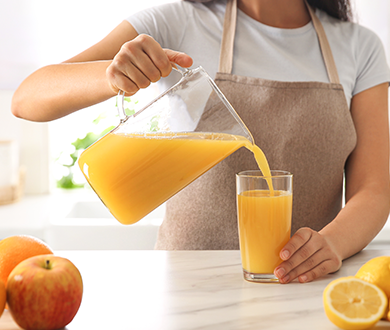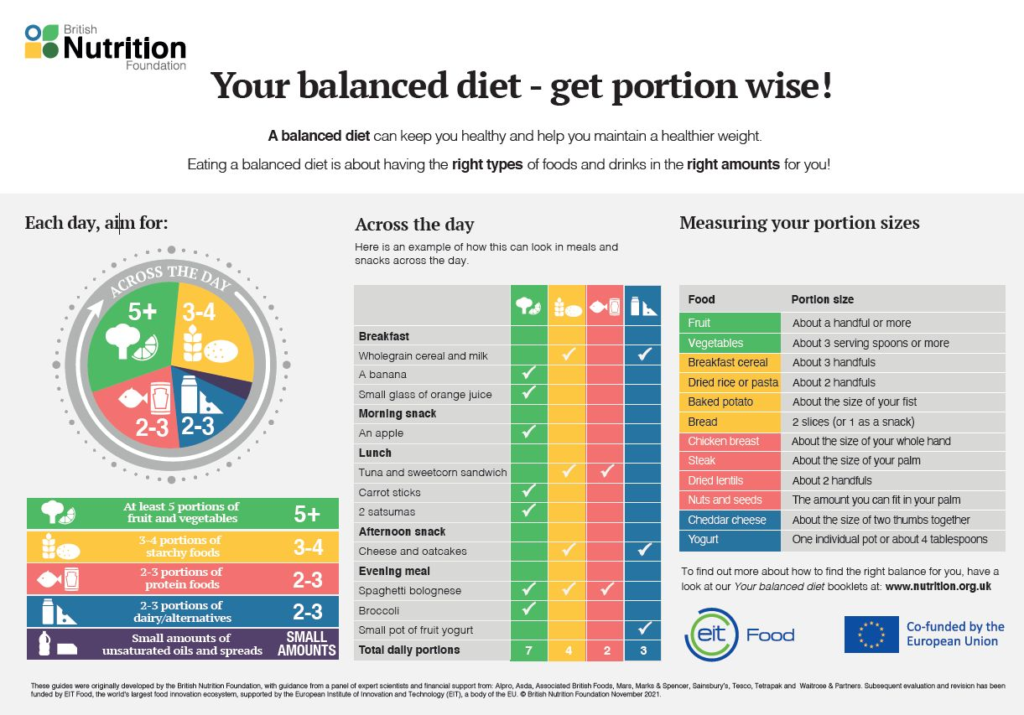
Your diet and lifestyle can have a big impact on how well your immune function responds to challenges. Key nutrients include vitamins A, C and D, as well as zinc, iron and folate. You can get two of these – vitamin C and folate – in a daily glass of orange juice! Remember that 100% fruit juice never contains added sugars.
As your gut provides a first line of defense against viruses and other pathogens, it’s important to eat lots of fiber-rich foods which feed your healthy gut bacteria. Learn more at: 5 tips for immunity support




















